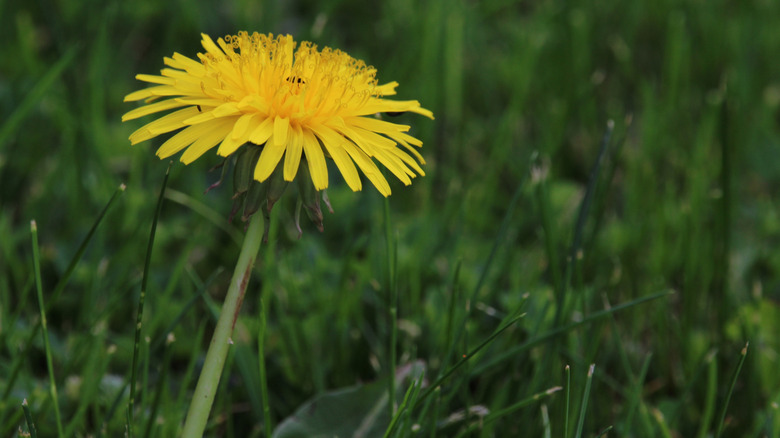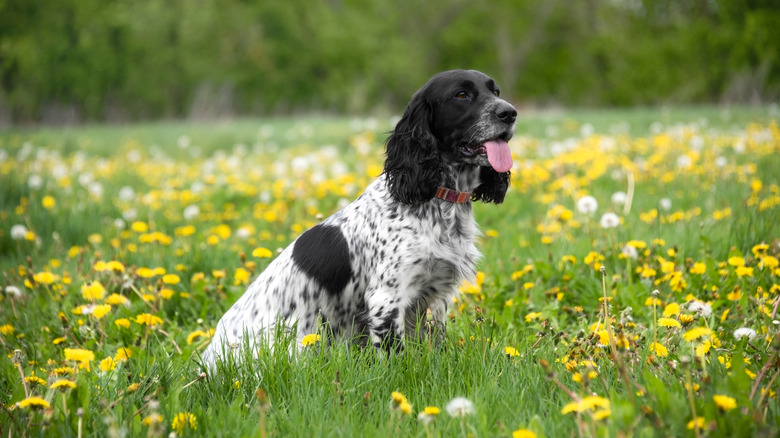The Scary Dandelion Myth You Should Stop Believing
Despite its cheerful yellow flower, the humble dandelion (Taraxacum officinale) often gets a bad reputation. For gardeners, it's an unwelcome weed that pops up where it's least wanted. But among pet owners, dandelions have been mistakenly lumped in with far more dangerous plants, thanks to a long-standing myth: they are toxic to cats and dogs.
Before you dial the vet in a panic because your furry friend took a bite, take a breather because this myth is just that: a myth. Unlike lilies, which are among the plants you should never grow in a home with pets due to their toxicity, dandelions are non-toxic and safe for pets to nibble on in moderation.
Not only are they safe in small amounts, but dandelions are also surprisingly nutritious and can even act as the perfect fertilizer for your garden. The leaves, in particular, are rich in vitamins A, C, K, and E, as well as calcium and iron. Of course, moderation is key, as too much of any plant can upset your pet's stomach. But rest assured that this weed won't warrant a panicked call to the vet's office any time soon.
Where did the dandelion myth come from?
So, where did this persistent dandelion myth come from? While there's no definitive origin story, it likely grew out of confusion due to first-hand experiences and a concern for pet safety. If your pet, or the pet of someone you know, became ill after eating a dandelion, the cause likely was not the plant itself but rather the pesticides and herbicides it may have been sprayed with.
As dandelions are considered weeds, they are frequently treated with chemicals to keep lawns free of them, and it's these chemicals that can make a pet sick. While herbicide poisoning is rare when used correctly, the most common sign that it may be affecting your pet is if it presents with persistent gastrointestinal issues.
Over time, pet owners who have seen their pets get sick after eating dandelions may have mistakenly thought it was the dandelion to blame rather than the herbicide that was likely present. Which is why it's important to know whether the dandelion your pet is munching on has been treated with chemicals or not, and it's worth considering natural options for killing dandelions in your garden if you have a pet in the home. A dandelion growing in untreated soil is not only safe but potentially beneficial in moderation.

